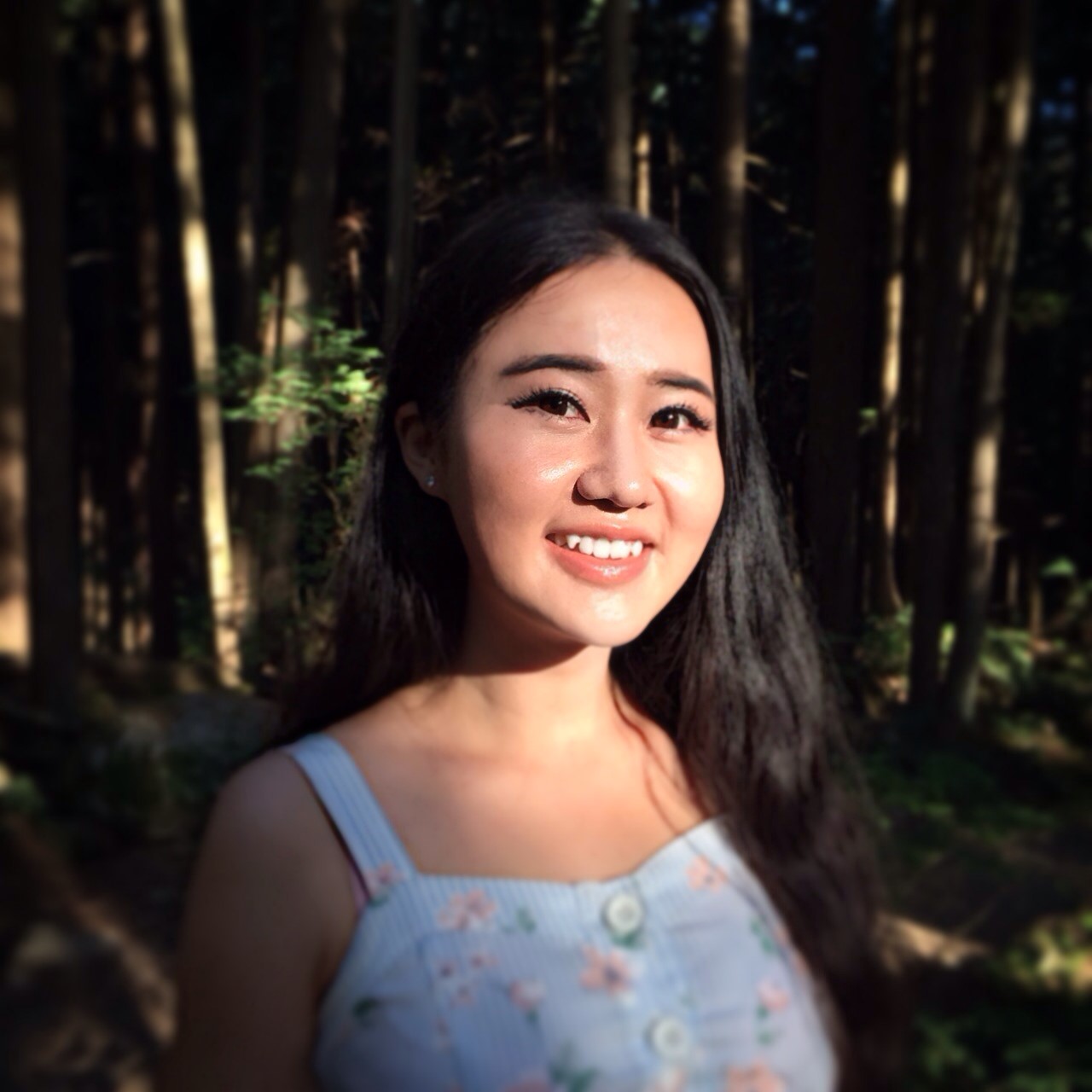A recently implemented university data visualization tool, designed by researchers from Cornell’s Future of Learning Lab, crunches years’ worth of undergraduate enrollment data and shows students the varied – and sometimes winding – academic paths Cornellians have forged from acceptance letter to diploma.
The platform, called Pathways, was designed to assist and inspire current students as they explore and make informed decisions such as choosing courses and majors. Pathways was launched in the spring 2022 semester as students began pre-enrolling for fall 2022 courses.
Mina Chen, a doctoral student in the field of information science, led the Pathways research and development team and wrote a corresponding paper, “Pathways: Exploring Academic Interests with Historical Course Enrollment Records,” which was presented in the Proceedings of the ACM Conference on Learning at Scale, held in June at Cornell Tech.
“Every semester, it can be very overwhelming for students to decide on what courses to take. Students commonly turn to their upperclassmen for advice, but the information they gather can be limiting and biased because it relies heavily on their social network.” Chen said. “With Pathways, it’s like giving students access to the whole campus. We’re showing students four-year course plans that others have made.”
Drawing on a dozen years of anonymized Cornell course-enrollment data, Pathway prompts inquiring students with a few simple questions – “What’s your major?” or, if undecided, “What are your interests?” – and then retrieves academic majors and corresponding four-year course plans based on past Cornellians who shared similar interests.
For example, a first-year student interested in web design, architecture, and music would find five academic pathways from past Cornellians as inspiration, perhaps as a music major or a computer science major with a music minor. Each path includes a rundown of classes other musically minded computer scientists have taken during their time at Cornell.
The intent behind Pathways, Chen said, was to design a data-based tool to turn academic decision-making into a learning process. This may help and empower students to approach their academic careers with more agency, curiosity and self-efficacy, researchers said.
“This research is an important step toward finding scalable solutions to support students in the process of interest exploration and course choice by strategically using historical information that all universities collect by default,” said René Kizilcec, assistant professor of information science, director of the Future of Learning Lab, and Pathways’ faculty lead. “I expect that we will see more data-driven tools like this one on university campuses to improve transparency and access to data about academic choices and their consequences.“
In a study carried out with 15 current Cornell students who tested Pathways, the Cornell team learned the critical role chance and unexpectedness play in molding students’ initial interests into academic pursuits. One student in the study took a food science course because “it sounds cool,” grew disinterested in the ensuing lab work, but discovered a budding interest in food marketing, an area she didn’t initially consider.
Pathways’ inclusion of diverse courses – the seemingly random literature or biology course – are drawn from the academic paths of past Cornellians and are intended to nudge students toward these unexpected and important learning encounters, Chen said, adding that the normative message sent by diverse past trajectories is also compelling.
“As students explore Pathways, they get to see the diverse choices others have made and begin to understand there is no right or wrong academic trajectory, and it’s okay to take time to figure one’s own pathway out.” she said. “The concept of a major is an institutional product. It’s what the university defines. But students’ imaginations are more nuanced and flexible than that. Pathways is a way of having students develop their interests and hone their academic pursuits on their own terms.”
The Pathways team is Chen, Fynn Datoo ‘23, Wentao Guo ‘22, Calix Huang, Jay Joo ‘24, Sofia Yoon ‘22 and Kizilcec. Former members of the team are Martha Brandt ‘21, Annie Fu ‘20, Rebecca Fu ‘21, Jennifer Lee ‘21, Ian Wilken Tomasik ’21 and Andrew Xu ‘24.
By Louis DiPietro, a writer for the Cornell Ann S. Bowers College of Computing and Information Science.



